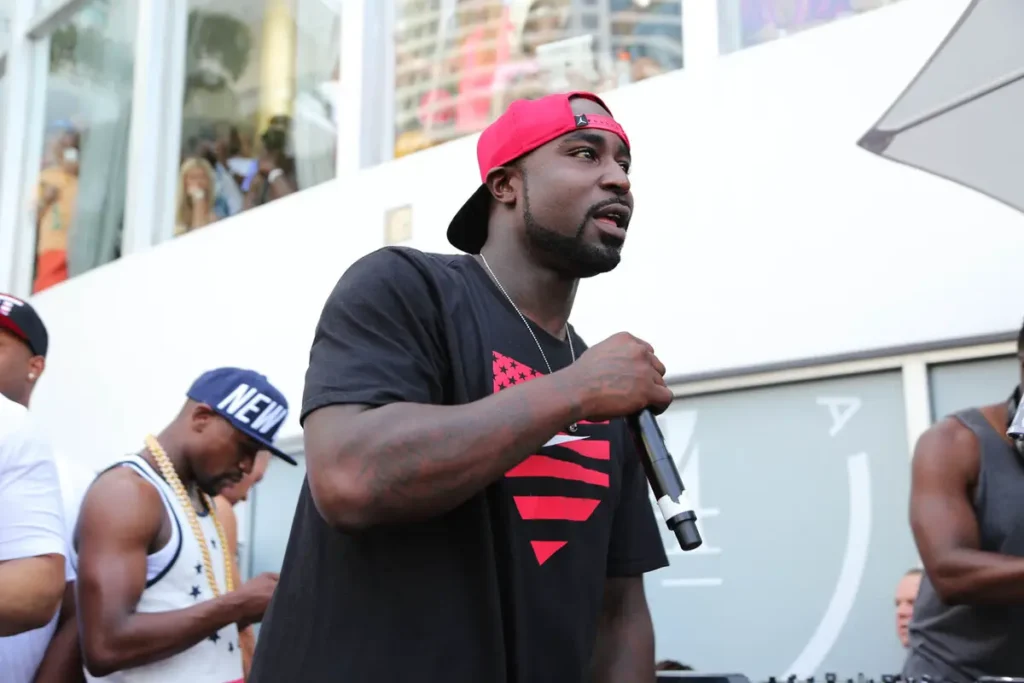
EXCLUSIVE: Young Buck’s Music Rights Auction Attracts Major Bids, Awaits Court Approval

In a recent move that could mark a significant turning point in the financial woes that have plagued David Darnell Brown, better known by his stage name Young Buck, the Chapter 7 Trustee of his bankruptcy case, Erica R. Johnson, has sought court approval to auction off the rapper’s music catalogs.
This decision comes after multiple attempts to stabilize the finances of the Nashville-based rapper, who first filed for bankruptcy in 2010 and then again a decade later in 2020, have not resulted in a long-term solution.
The catalogs in question comprise various rights associated with Young Buck’s music, including performance, mechanical, and publishing royalties, as well as song copyrights.
These have been registered with leading music industry entities like the American Society of Composers, Authors & Publishers (ASCAP) and Universal Music Publishing, Inc. (UMPG), among others.
An initial agreement to sell these catalogs to Middleton Open Season Partners I LLC for $730,000 fell through after an objection by another party, leading to an auction that saw Structured Asset Sales, LLC (SAS) placing the winning bid of $917,500.
However, that deal also did not come to fruition, prompting a renegotiation with Middleton Open Season Partners I, which has now agreed to acquire the catalogs for $800,000, pending court approval.
The sale of Young Buck’s song catalogs not only represents a significant step in addressing the rapper’s financial challenges but also underscores the complex nature of bankruptcy proceedings, especially involving artists whose primary assets are their creative works.
Trustee Erica R. Johnson has expressed her belief that the sale price is fair and intends to use the proceeds to settle various debts, including administrative expenses and taxes, with the aim of fully satisfying both priority and general unsecured debts.
Should the court approve the amended purchase agreement, it will close a chapter in Young Buck’s ongoing struggle to find financial stability while also opening up new possibilities for the rapper’s music to find fresh avenues for appreciation and monetization under new ownership.

